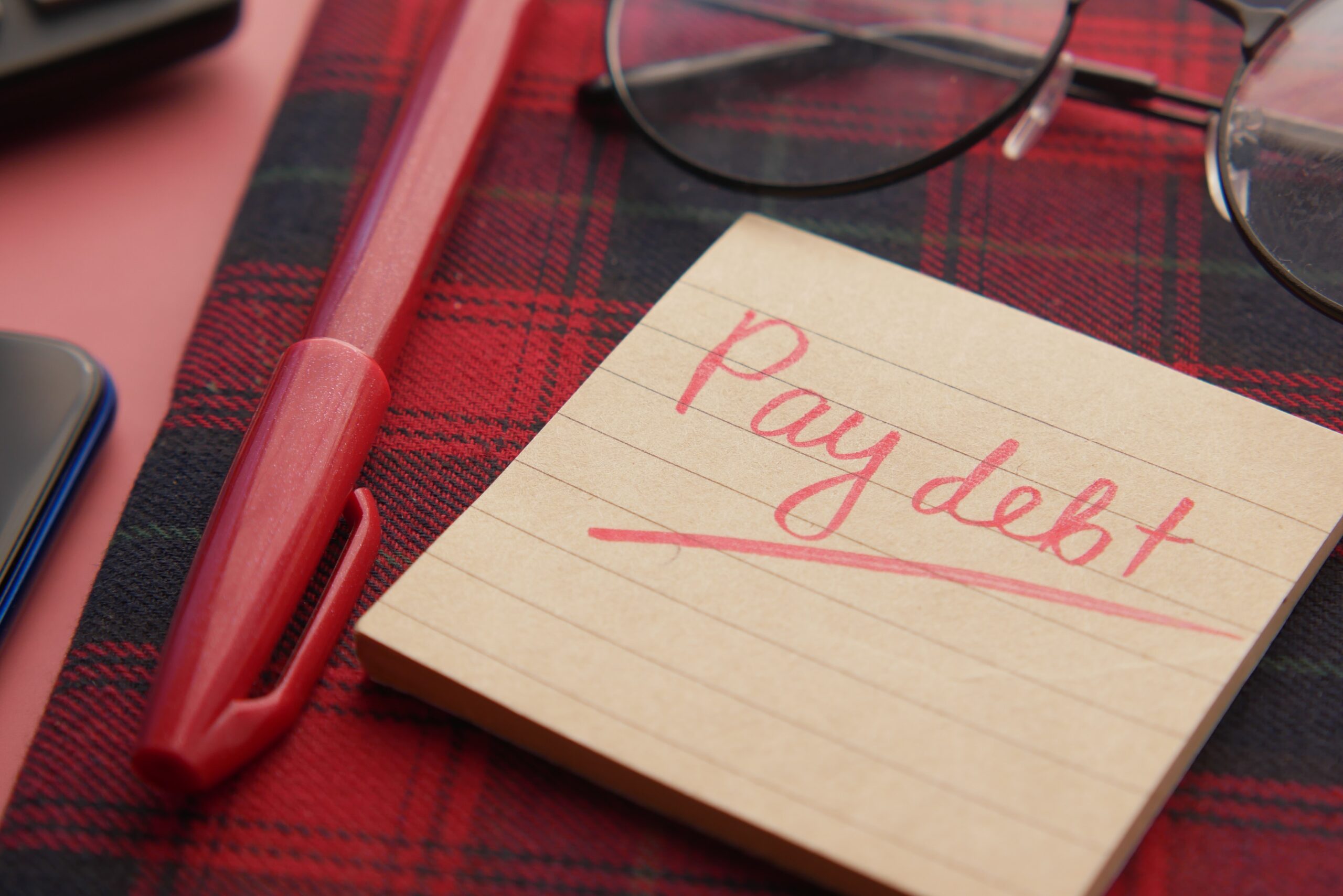
As of September 2018, the average level of debt in the UK was £58,540 per person, approximately 114% of average earnings. It’s probably no wonder, then, that a recent report by the National Audit Office found 8.3 million people were unable to pay their debts or household bills. If this is a position you find yourself in, one way to make your debts more manageable is to consolidate them.
What Is Debt Consolidation?
Debt consolidation is a process whereby you borrow money in order to pay off your debts, leaving you with one monthly payment that is generally lower than your other monthly repayments combined. Depending on the type of borrowing, there might be a fixed term attached, meaning it could take you longer to pay off your debt than it might otherwise.
Any debt you can pay off early can be included under debt consolidation, e.g. credit cards, personal loans, arrears (e.g. household bills and taxes), payday loans, and overdrafts. You can also use them to pay debt collection agencies or bailiffs.
There will be fees attached to any borrowing, e.g. interest rate on loans, so make sure you understand just how much you will end up paying back in total before you commit.
Five Debt Consolidation Options
There are a number of ways you can borrow to consolidate your unmanageable debt:
1. Use a credit card

0% Money Transfer Cards
Many credit card companies offer customers 0% credit card deals, or ones with low interest rates when you transfer balances from other credit cards. So, if most of your current debt is credit card related, this might be a good option for you. Look around for cards offering more extended periods at 0% and try and make more than the minimum payment so you can pay off your debt before the interest-free period is over.
Unfortunately, these deals are often only available for people with good credit ratings. Check your rating before you apply or use sites such as moneysupermarket.com to do soft searches to see what cards you might be eligible for.
2. Take out a debt consolidation loan
If your debts aren’t credit card related or higher than your credit card limit, you might want to apply for a debt consolidation loan. You apply for these loans just the way you would with any other, speaking to your bank, building society or another lender. Make sure to shop around for the best interest rate before making an application.
If you have good credit, you can probably get an unsecured loan. If you have bad credit, you might need to take out a secured loan, using your house or other property as collateral; these will be at risk if you can’t make your monthly repayments.
3. Re-mortgage your house

If you own your own home and have enough equity in it, you could re-mortgage your house to consolidate your debts. Basically, this means you take out a new mortgage on your home at a higher amount that covers all your debts. This will probably increase your mortgage payments, unless you extend the length of your mortgage, so make sure you can cover the additional cost.
If you look at re-mortgaging, remember you don’t just have to look at a way to consolidate your debts, you can look for a new – better – mortgage rate too, which might mean switching lender. It could definitely pay to shop around.
4. Take out a loan against your life insurance
Depending on your policy, you might be able to take out a loan against your life insurance, using it as collateral for any borrowing. Some loans work in such a way that you don’t have to pay them back, but the amount you borrow is deducted from the maturity amount.
Make sure you read your policy and speak to your insurance company to understand if this is an option for you.
5. Create a debt management plan

If you don’t want to take out another line of credit, you could take out a debt management plan or DMP. This needs to be done through a debt adviser, who works with your creditors to agree on repayment terms that are generally lower than your minimum payments. You then pay your debt adviser a monthly amount, which they pay to your creditors. Many debt charities offer free financial advice and will help you create a budget to manage your income and expenditure better.
Debt management plans are not legally binding, so creditors don’t have to abide by them and might still charge interest and late fees. Make sure you understand any additional fees before you agree to the plan and the impact this might have on your credit rating.



